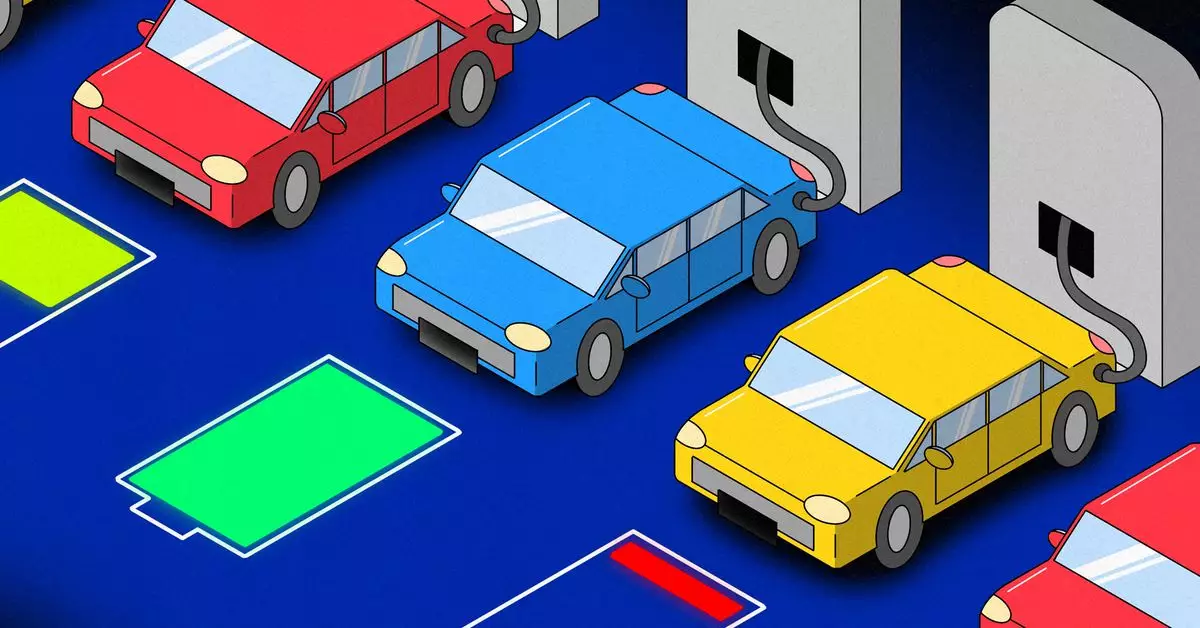The argument for electric vehicles (EVs) often includes the point that they require less maintenance compared to traditional gas-powered vehicles. No more oil changes, fewer moving parts – it all sounds promising. However, the reality is that EVs are essentially computers on wheels, and as we all know, computers are not immune to problems. The latest quality study by JD Power has shed light on some concerning issues faced by EV owners.
According to the survey, owners of battery-electric and plug-in hybrid vehicles reported more problems compared to owners of internal combustion vehicles. The problems reported were not related to the mechanics of EVs, such as motors and batteries, but rather to the technology integrated into these vehicles. Owners of cutting-edge EVs are experiencing problems at a rate three times higher than gas-powered vehicle owners.
Tesla’s Troubles and Industry-wide Concerns
It is essential to differentiate Tesla from other EV manufacturers due to its significant market share. While Tesla has historically outperformed legacy automakers in JD Power surveys, the latest study indicates a shift. Tesla is now facing similar challenges in terms of quality as its competitors. One of the reasons cited for this change is the significant design modifications Tesla has introduced, including the removal of traditional controls like turn signal and wiper stalks.
The auto industry, as a whole, is rapidly advancing in terms of integrating software and technology into vehicles. This race to incorporate the latest features has led to a surge in complaints from customers. Issues range from false rear-seat warnings to connectivity problems with smartphones. EVs have been found to have 30% more problems related to ‘Features, Controls, and Displays’ compared to internal combustion engine (ICE) vehicles.
Customer Loyalty and Brand Reputation
The quality study also highlights the correlation between the number of reported problems and brand reputation. Brands that have a history of reliability tend to attract more repeat buyers, resulting in fewer reported issues. For example, truck owners, known for their loyalty, rated Ram as the number one brand in the survey. This loyalty factor plays a significant role in shaping consumer perceptions of vehicle quality.
Overall, the transition from traditional gas-powered vehicles to high-tech EVs is proving to be a bumpy ride for both manufacturers and customers. The integration of complex software and advanced features is introducing new challenges that need to be addressed. While the future of transportation may be electric, it is essential to iron out these technical issues to ensure a seamless transition for consumers.


Leave a Reply